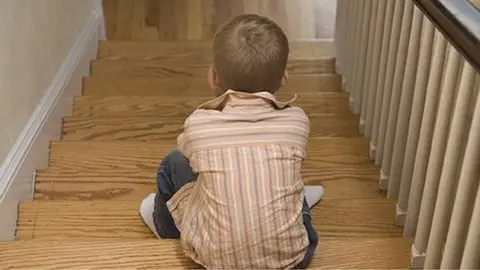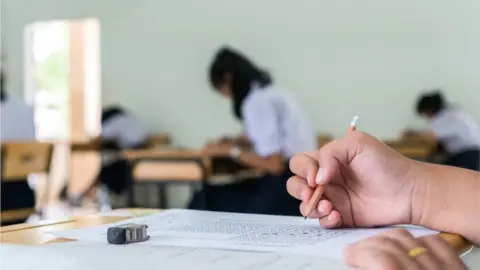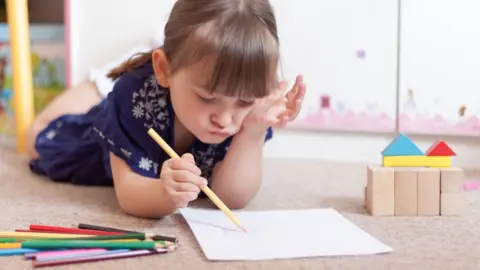Covid-19 isolation 'detrimental for children' - Ofsted
 BBC
BBCHaving to isolate because of Covid-19 is having a detrimental effect on children's education and well-being, particularly the most vulnerable, warns England's chief inspector of schools.
Amanda Spielman says periods of repeated isolation have "chipped away" at progress since September's return.
She also warns that those arriving at secure children's homes have in effect been put in "solitary confinement".
Ministers say it a "national priority" to keep schools and colleges open.
In a set of reports looking at the effects of the Covid-19 pandemic on children, the Ofsted boss said: "Remote education is better than nothing, but it's no substitute for the classroom.
"The problem that schools are continuing to grapple with is how to provide meaningful remote education under two distinct circumstances: bubble isolation and individual isolation.
"Many schools are making real progress with remote provision for bubbles - including live or recorded online lessons - but individuals who are isolating for a fortnight at a time often have a poorer experience.
"Whole bubbles can make some progress through the planned curriculum while they work from home, but many isolated individuals are provided with work that consolidates previous lessons, rather than new material.
"For these children, the loss of learning they experienced in the summer is being repeated."
 Getty Images
Getty ImagesMs Spielman said many children are thought to be "at least six months behind where they should be".
"And for a significant number of pupils, repeated periods of self-isolation have chipped away at the progress they have been able to make since September."
Ofsted also found that the number of children being home schooled has risen again, with almost three-fifths of schools telling inspectors they had at least one pupil whose parents had removed them from school to be home educated.
Vulnerable children
The watchdog also warns that children with special educational needs and disability often struggled with the restrictions placed upon them, with many not attending school full-time.
"Remote education was a challenge for some of these children, particularly if their parents were unable to support them," said Ms Spielman.
"And when vulnerable children are not at school and are out of sight, they may be at risk of abuse or neglect."
Ms Spielman said youngsters who live in secure children's homes have had a difficult year, as they are "vulnerable and many are at risk of self-harm".
"The guidance on Covid security has added another layer of pressure to an already pressurised system. Children arriving at the homes were put into isolation for 14 days.
"In effect, this created a form of solitary confinement - and we learned that this removal from contact had resulted in greater anxiety, an increase in self-harm and, in some cases, physical attacks on staff."
The chief inspector said that while homes were working hard, the use of temporary workers to cover staff having to self-isolate meant there was "not always the consistency of support that these children need".
A Department for Education spokeswoman said it remained a "national priority" to keep schools and colleges open for all.
"Schools and colleges have gone above and beyond to make high-quality remote education available for those times when self-isolation is unavoidable and we remain on course to deliver, by Christmas, half a million devices to schools and councils.
"We have also allocated £1bn to schools to support all children to catch up and are offering high-quality tuition - proven to help catch up on three to five months' lost learning - to those who need it most through the National Tutoring Programme."
 Getty Images
Getty ImagesMs Spielman said that while "there is real optimism that the end is finally in sight for the sort of restrictions that we currently live under", there is a long way to go before education and social care return to normal.
She added: "Faced with all of these pressures, the education and social care sectors are showing considerable resilience and creativity to provide children and learners with the best experience they can.
"And all of this is being done against the most challenging backdrop for staff in recent times.
"I would like to record my appreciation for everyone working in education and social care - from child-minders and social workers to teachers and college tutors."
